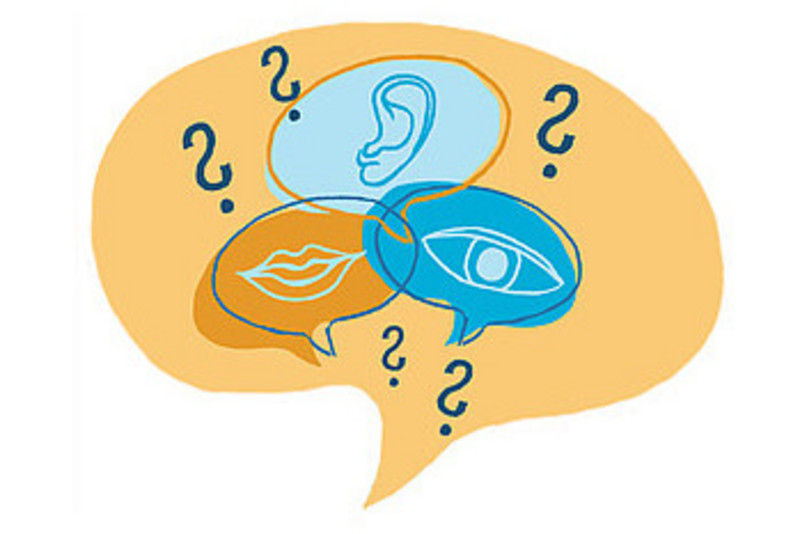First Independent Counselling Center for Individuals with Support Needs Opens in Darmstadt

Near the Darmstadt train station, at Rheinstrasse 67, an independent counselling center – Ergänzende unabhängige Teilhabeberatung (EUTB) – opened in October 2018 with the support of the German Ministry for Labor and Social Affairs. Five employees, all of whom have personal experience with disability, are available at the center to provide counselling and to refer clients to other aid organizations. The workers are parents of children with assistance needs, have physical disabilities themselves, or have experience with mental illness.
This form of “peer-to-peer counselling,” as it is called, offers assistance by equals, for equals. Those who come to the center for advice can meet with peer counselors who understand first-hand the kinds of questions and problems that individuals with disabilities face in their daily lives, and who are able to provide fitting answers and tips. In addition, the counselors know their way around the perils of the “paragraph jungle” – as department head Barbara Akdeniz called it during the opening ceremony of the EUTB – and can be a “contact person for help-seeking individuals in this very challenging task.”
“What makes you unique is that you are closer to them, to the individuals. What makes the peer-to-peer approach so effective is that you know what you are talking about,” emphasized Akdeniz. At the same time, she mentioned the special responsibility of counsellors to encourage full social participation: “We have to very clearly tell individuals with disabilities that they have rights. It is even more important that assistance actually reaches them and they do not hesitate to take advantage of it out of uncertainty or a false sense of shame.”
“Good counselling is based on a solid foundation of information,” says Ulrike Hestermann, a member of the board of GleichxAnders, who helped bring the nation-wide organization to Darmstadt. According to Hestermann, that is why one of the working principles of the EUTB team for Darmstadt and the region is that “an offer of help is only any good if the people who need help know about it.” That includes knowing that the advice is free, neutral, and independent, and that it is open to all people with disabilities and the very ill as well as their relatives and caregivers.
The new, barrier-free premises in the District Offices help fulfill these criteria, explains Marianne Koch, who is also on the board of GleichxAnders. In contrast to the old location, where the independent counselling center had been located since it began its work March 2018, the building in Rheinstrasse is both centrally located and accessible. “But we also offer counselling on location for individuals with limited mobility,” says Ulrike Hestermann.
“The approach of enabling individuals with disability to participate fully in society and strengthening them in their development is one that we are very happy to help support,” said Elke Rahmann, the responsible project manager for the Software AG Foundation in Darmstadt. “It is great to see how this important information and counselling service is now staffed on a professional level with three full-time positions, and will continue to be supported on a volunteer basis by GleichxAnders.”
The organization was founded in 2011 by parents of children with mental disabilities to provide work opportunities outside of the protective environment of a workshop. The initiative has come up with the idea of a hotel where individuals with and without disabilities work together, supported by hotel professionals. It is a plan that the organization continues to work on making reality.
